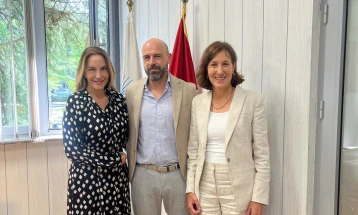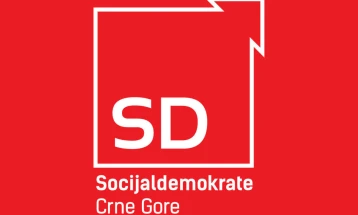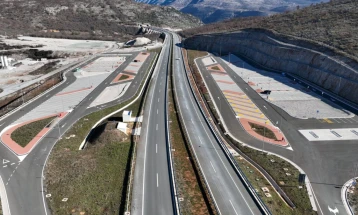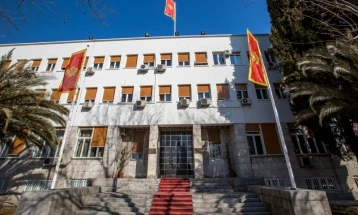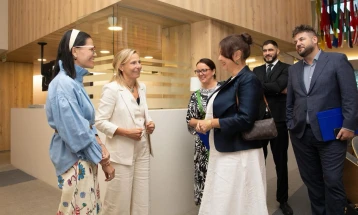Collection of information for social cards in Danilovgrad finished
- Collection of information for social cards in Danilovgrad finished
- Post By daniloc
- 17:52, 20 novembar, 2001

Podgorica, (Montena-business) – Ministry of Labour and Social Care finished the first phase of a pilot project for creation of a social card, which consisted of collection of information from citizens of Danilovgrad municipality. After this the information will be processed and a database will be created, Montena-business has learnt.
The Government of Montenegro adopted a regulation on social card. The database on households in Montenegro will be a part of an information system of state authorities, local authorities, social care organisations, appointed users of Bureaus for Payment, public firms, funds and institutions.
The results of November’s public opinion research done by the American NDI show that only 16% of surveyed citizens of Montenegro are informed enough about announced social reform and social cards.
“Social cards will help efficient planning and realisation of social policy in Montenegro” said Mirjana Djuric, a higher adviser in the Ministry of Labour and Social Care, to Montena-business.
“The social card is a base of information on households in Montenegro, their social and health needs, their property, income and certain costs” said Djuric.
“The household is considered as a living unit that makes income and has it’s spending. All information about citizens and households are official secrets and can be used only in accordance with the law” said Djuric.
Creation of a social card refers to data collection on Montenegrin households. The data refer the number of household’s members, property, income, certain costs, specific social and health needs, real estate of non-Montenegrin citizens, and private companies, shops and other objects as well.
“The data are going to be put into the database and will be reported by the household’s representatives who legally and materially responsible for the data’s accuracy” added Djuric.
Upcoming social reform should solve the conflicts on having and using data between different institutions.
“The Social card is designed for comparison of information and selection of those groups with remarkable social needs, and for information exchange among all other bases” explained Djuric.
The complete project of creation of a social card consists of three phases. The first phase will be collection of information on households, which will be put in an electronic base. The last phase of the project refers to use of social cards for planning of social policy.
“This database will influence on the creation of new bases, and will complete existing bases in all spheres of institutional activities. It will not be a centralised database, but completed by data collected from other ministries and institutions” said Djuric.
af/bd
